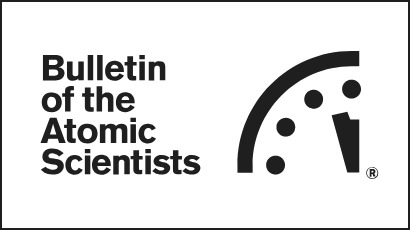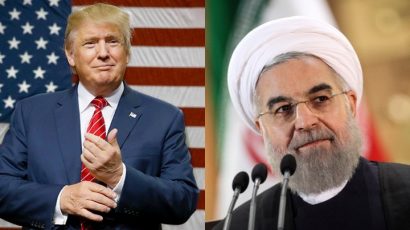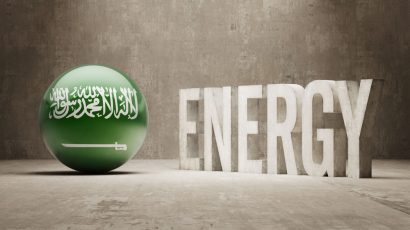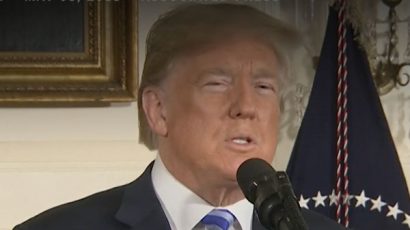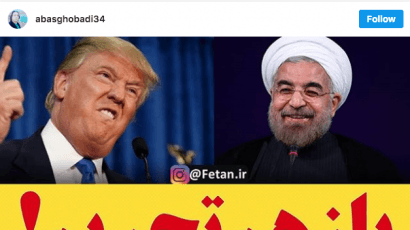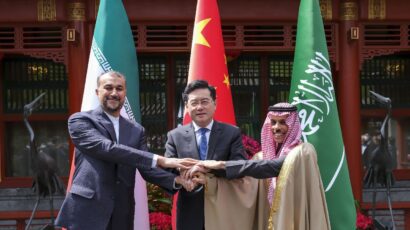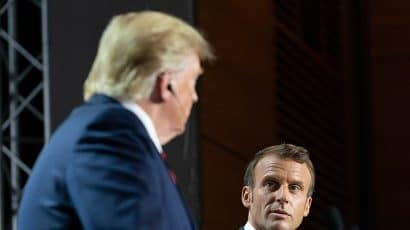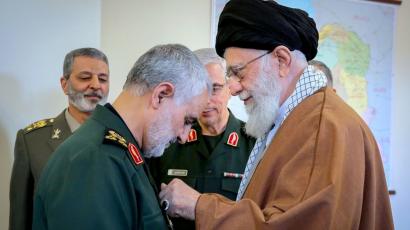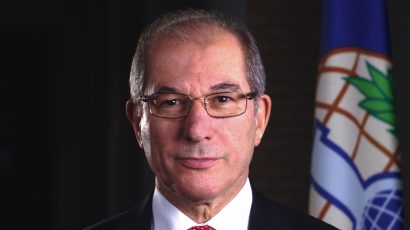Search results for
The historic debate about Iran’s nuclear program
Today's doubts about Iran's nuclear program are anything but new.
A nuclear war in the Persian Gulf?
The risk of nuclear warfare in the Persian Gulf represents a present and clear danger to world peace, requiring the mobilization of the international community to intervene.
No to a permissive US-Saudi nuclear deal
The Trump administration is reportedly negotiating a “flexible” nuclear deal with Saudi Arabia. In the Middle East, “flexibility” on uranium enrichment and plutonium reprocessing is not a good idea.
Steps back from the brink at the Strait of Hormuz
The United States and Iran may be heading to a showdown at the Strait of Hormuz that could potentially lead to war. The result could be many deaths, serious damage to the world economy, and an Iran hell-bent on acquiring nuclear weapons. Is there any way out?
A predictable but dangerous Iran announcement
Trump withdraws from the Iranian nuclear deal, risking more instability and nuclear proliferation.
What are Iranian hardliners saying on social media?
A study of hawkish, anti-reformist accounts shows what President Rouhani is up against.
Europe should act fast to preserve the Iran nuclear deal
Washington’s Iran policy is taking a dangerous path, but European leaders have an opportunity to shape the future of the Joint Comprehensive Plan of Action.
Israel and the WMD-free zone: Has Israel closed the door?
Last week, Israel's influential paper, Haaretz, led its front page with a rather decisive headline: "Israel rejects US-backed Arab plan for conference on nuclear-free Mideast." The problem, however, is that the country announced no such decision.
Could a nuclear-armed Iran be contained?
The answer is "probably," but prevention via diplomacy is still the best course.
The status of U.S. nuclear weapons in Turkey
For more than 40 years, Turkey has been a quiet custodian of U.S. tactical nuclear weapons. During the Cold War, Washington positioned intermediate-range nuclear missiles and bombers there to serve as a bulwark against the Soviet Union (i.e., to defend the region against Soviet attack and to influence Soviet strategic calculations). In the event of a Soviet assault on Europe, the weapons were to be fired as one of the first retaliatory shots. But as the Cold War waned, so, too, did the weapons' strategic value.
Why Iran may feel less restrained in nuclear decision-making now
The striking realignment of alliances and priorities in the Middle East and beyond could impact Iran’s nuclear decisions.
Avoiding the clash over the Iran arms embargo: How Europe can square the circle
Letting the arms embargo expire would have little practical effect on Iran’s arms transfers. Extending it could have disastrous consequences for the 2015 nuclear deal.
Studies in deterrence: Why killing Iran’s Qasem Soleimani doesn’t do it
The United States claimed that, by killing the Iranian military commander, it was “deterring” future attacks. But in this situation, deterrence is nowhere to be found.
The seeds of failure in Syria and Ukraine were planted long ago
If the United States had developed post-Cold War institutions, it wouldn’t be flailing on foreign policy the way it is today
Despite economic downturn, nuclear energy commerce is still worrisome
At the beginning of 2008, the nuclear power industry's euphoria over the much-hyped "nuclear renaissance" was in full swing. But as that year drew to a close, the hopes for a revival seemed delayed, if not derailed, due to faltering world economies. Little has changed this year to alter that prospect. As the global financial crisis has continued, demand for energy has plummeted along with the world's stock markets. Such news may help calm international security experts, who fear that a proliferation of nuclear energy know-how could lead to nuclear weapons proliferation.
Ahmet Uzumcu: Getting rid of chemical weapons in Syria and beyond
The director-general of the Organization for the Prohibition of Chemical Weapons on Syria, terrorists looking for chemical weapons, and the need to watch out for weapons that haven't even been invented yet
What nonproliferation diplomacy can and can’t achieve
Multilateral diplomacy is hardly destined to become a spectator sport. For most people--for almost all people, really--"talk shops" like the United Nations fail to get the blood racing. If successful, they tend to produce results gradually, fitfully, and by a series of compromises.
The ban treaty: A big nuclear-weapon-free zone?
The nuclear weapons states seem to have accepted the idea that a treaty to prohibit nuclear weapons—known informally as the ban treaty—could indeed be the result of a UN conference being held this June and July in New York City. Nevertheless, some observers maintain that even if a ban treaty were to be negotiated, it … Continued
Russia’s chemical terrorism proposal: Red herring or useful tool?
Russia’s proposal to create yet another international treaty dealing with chemical and biological weapons doesn’t seem to properly address existing problems and runs the risk of creating fragmentation and legal uncertainties.
